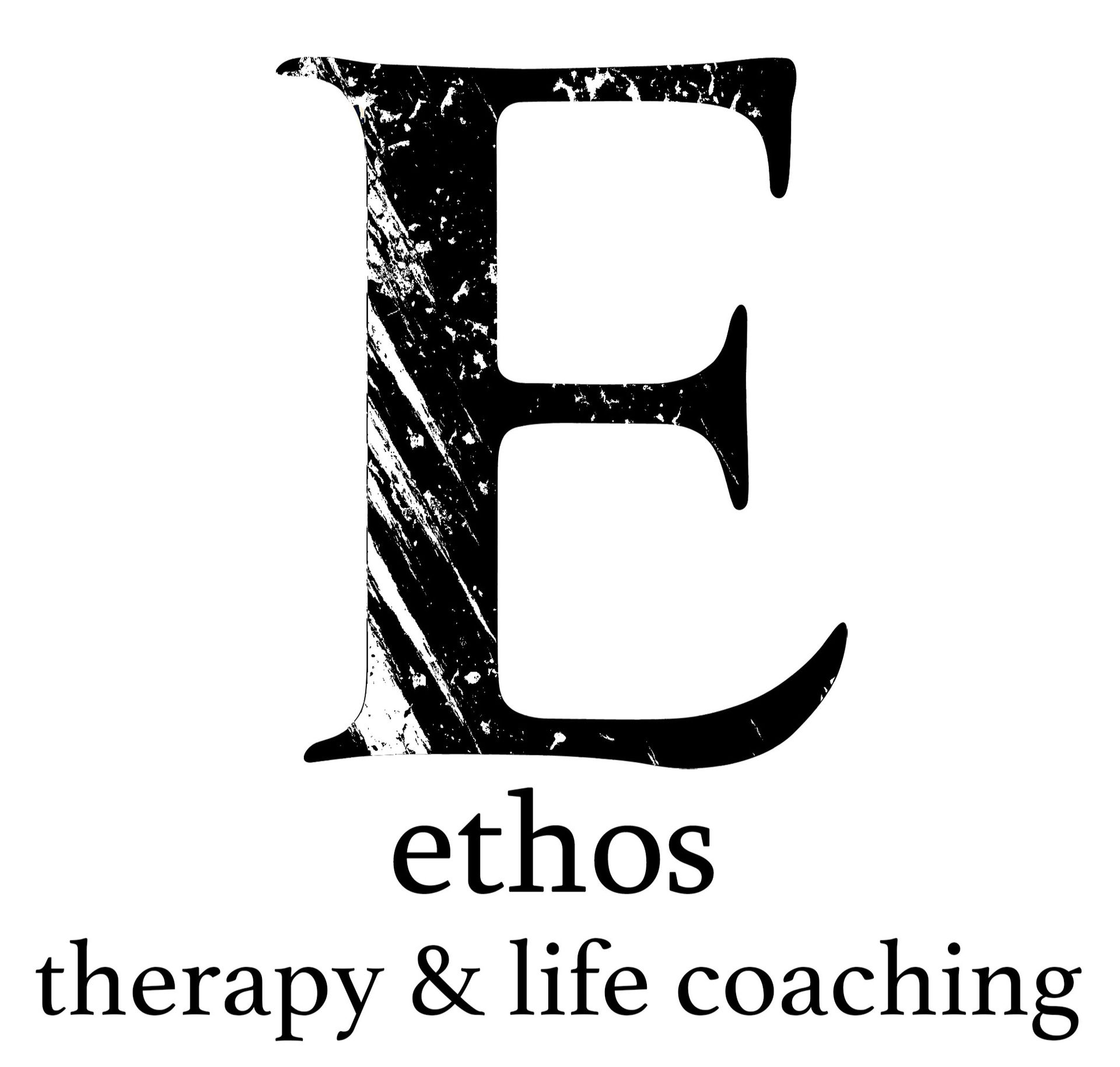Therapy is the process of coming alongside a person to help gain deeper insight into issues holding them back. We use a variety of evidence based methods such as cognitive behavioral therapy, mindfulness, self compassion, somatic processing and more. We help bring together dissociated or disconnected parts of the self from the past or anxiety about the future, into the present, and to reconnect the heart, mind, body and spirit.


Acceptance and Commitment Therapy
ACT Therapy is the process of accepting that life is hard. Initial thoughts and feelings and often situations aren’t choices we make, but we can get hooked into these negative thoughts, feelings and behaviors and it takes us away from who we want to be and the lives we want to live. Therapists who use ACT help you determine what is hooking you and helps you develop skills to unhook so that you can live your best life. It embraces both self compassion, mindfulness and aspects of trauma therapy and offers a host of unique tools and strategies.

Attachment Therapy
Trauma can be in the form of big events such as fires and accidents or it can come from chronic, insidious trauma such as emotional neglect, food scarcity, growing up with a mentally ill or addicted parent, and more. Children who did not feel seen or heard or truly understood often become adults with a deep yearning and longing inside, or attachment wounds. Therapists who use Attachment Therapy help you discover maladaptive thoughts, feelings and patterns that you internalized as a child. The brain can actually build new neurological pathways that help you comfort and even reparent your hurting inner child.

Cognitive Behavioral Therapy
Cognitive behavioral therapy (CBT) is a form of psychotherapy that focuses on modifying dysfunctional emotions, behaviors, and thoughts by interrogating and uprooting negative or irrational beliefs. Considered a “solutions-oriented” form of talk therapy, CBT rests on the idea that thoughts and perceptions influence behavior.
Our therapists use a variety of cognitive behavior therapies including trauma based CBT, motivational interviewing and Mindfulness based CBT. Often, our thoughts can bring us down the path of hopelessness. Sometimes we discover issues not previously dealt with. Our therapists can help you raise awareness for your thoughts and feelings and help you find strategies to manage them leading to hope and healing.

EMDR
EMDR (Eye Movement Desensitization and Reprocessing) is a psychotherapy that enables people to heal from the symptoms and emotional distress that are the result of disturbing life experiences. Considered an exposure therapy, it can be life altering for many clients by making you feel less impacted by traumatic memories. Classic exposure therapies including thinking about, talking about or writing about your traumatic experiences often makes most survivors cringe or worse! Exposure work doesn’t have to be overwhelming or retraumatizing. EMDR and other horizontal or bilateral desensitization tools can feel manageable, therapeutic and even empowering.

Play Therapy
Because play is a major outlet through which children demonstrate what is on their mind, whether they have words or not, a branch of therapy has developed around understanding children and their needs by observing their play and helping solve problems through play. Play therapy is typically targeted to children ages 3 to 11 who have social, emotional, or behavioral difficulties. Play therapy is real therapy conducted in the medium of play.

Self Compassion
Self-compassion is simply the process of turning compassion inward. We are kind and understanding rather than harshly self-critical when we fail, make mistakes or feel inadequate. We give ourselves support and encouragement rather than being cold and judgmental when challenges and difficulty arise in our lives. Research indicates that self-compassion is one of the most powerful sources of coping and resilience we have available to us, radically improving our mental and physical wellbeing. It motivates us to make changes and reach our goals not because we’re inadequate, but because we care and want to be happy. -Kristin Neff

Solution Focussed Brief Therapy
Solution focused brief therapy (SFBT) is a future-oriented, goal-directed approach to solving human problems of living.
The focus is on the client’s health rather than the problem, on strengths rather than weaknesses or deficits, and on skills, resources and coping abilities that would help in reaching future goals.

Therapy for Anxiety
Are you spending too much time in your head? Worry, what if thinking, ruminating, and panic can feel so overwhelming and debilitating. Many try “top down” or cognitive thinking strategies to combat anxiety which exasperates the battle in our heads. Often, many with anxiety and panic inadvertently make it worse. Anything that we judge or resist or avoid becomes more intense eventually. The goal of therapy for anxiety is not to not feel anxiety, but to manage it so it doesn’t manage you.

Therapy for Depression
When you can’t look at the bright side, I will sit with you in the dark. Unknown.
Are you feeling hopeless, isolated, and not your usual self? Do these thoughts often enter your mind? I am worthless and can’t do anything about it. I feel guilty for just wanting to eat, sleep and be alone. I hate who I am these days. I can’t stop crying, which makes me want to stay away from others. I’m in pain, but no one understands. My life and the world around me are dark. I hate it, but I can’t change it. If you have had any variation of these thoughts and don’t feel like your usual self, chances are you may be suffering from depression.

Trauma Therapy
Trauma treatment is not about telling stories about the past. Trauma treatment is about helping people to be here now, to tolerate what they feel right in the present. Bessel VanDerKolk
Traditional talk and cognitive therapies primarily focus on “top down” methods. If you suffer from post trauma symptoms, overwhelming stress or other symptoms, the top down methods that traditional therapies use will often not be sufficient or effective.

What is PCIT?
Parent Child Interaction Therapy is an evidence-based treatment for young children with behavioral problems.
PCIT is conducted through “coaching” sessions during which you and your child are in a playroom while the therapist is in an observation room watching you interact with your child. Parents wear a “bug-in-the-ear” device (headphones) through which the therapist provides in-the-moment coaching on skills you are learning to manage your child’s behavior.
“PCIT is not meant to teach parents how to parent their children but to positively set both the parent and their child’s expectations when it comes to communicating and exciting desired behaviors. ” – Mary Page Diaz Estabillo, LMSW Therapist

Reach out to us today!
Please complete the form below to schedule an appointment.
We will try our best to accommodate your request and will be in touch ASAP.
